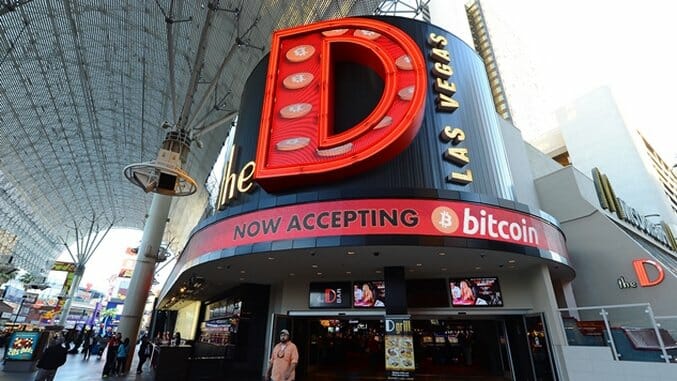Cryptocurrencies Like Bitcoin Are Beginning to Integrate Into the Global Economy
Photo by Ethan Miller/Getty
Bitcoin has been around for a while, but it is just beginning to seep into the international banking system that some evangelists believe it was constructed to destroy.
Before we dive into the weeds, what is a cryptocurrency?
-

-

-

-

-

-

-

-

-

-

-

-

-

-

-

-

-

-

-

-

-

-

-

-

-

-

-

-

-

-

-

-

-

-

-

-

-

-

-

-








































